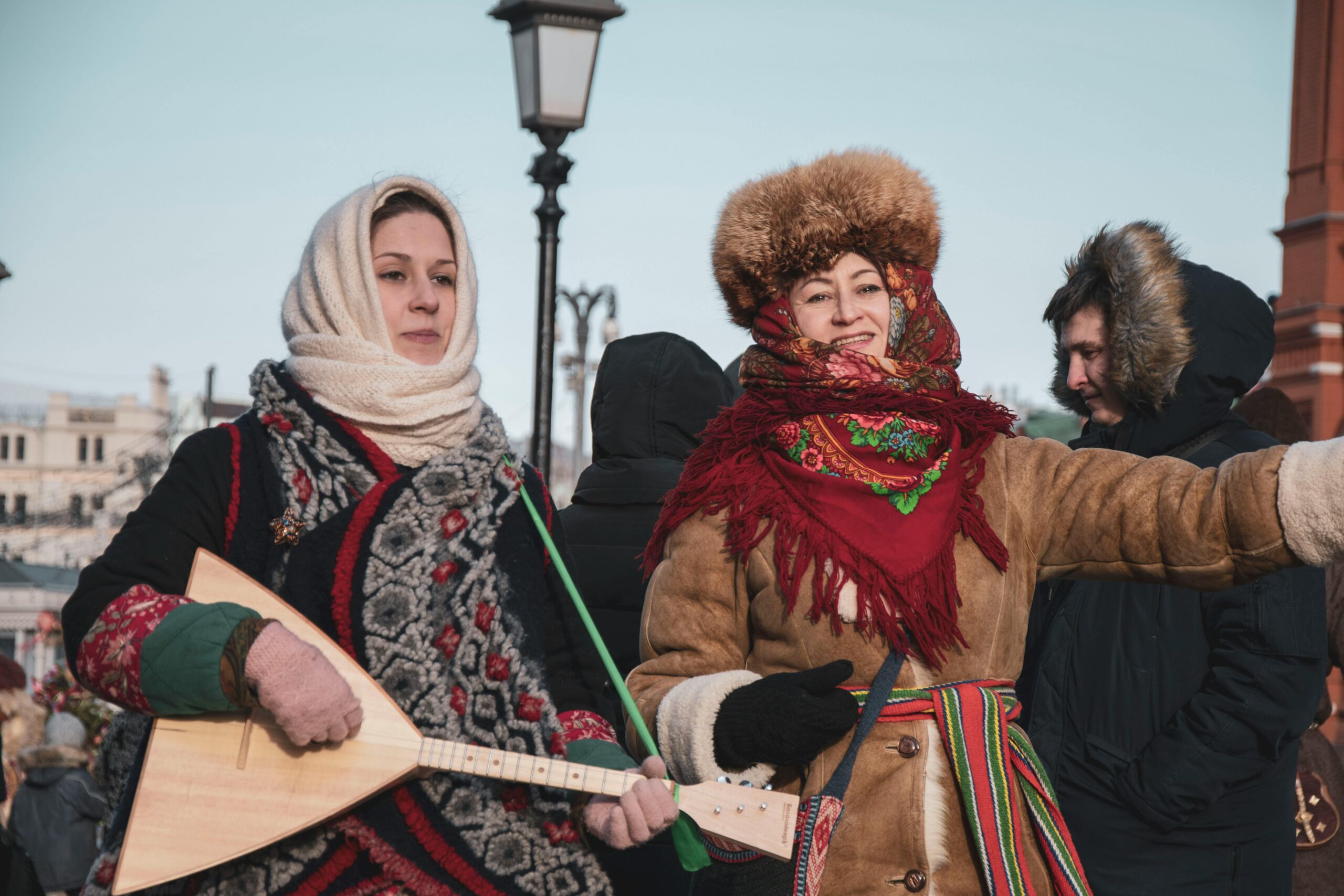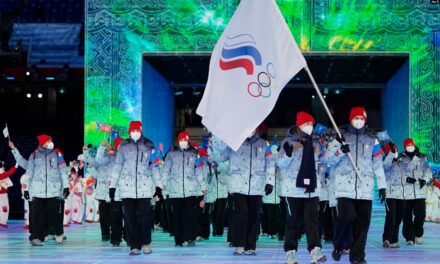The recent arrest of Army private Kira Korolev and her husband Igor for alleged espionage has sparked significant debate and speculation.
Amidst escalating tensions between the West and Russia, some view these charges as part of a broader propaganda campaign aimed at vilifying Russians.
This narrative fosters fear and distrust, influencing public perception in the West and shaping political discourse.
For Western citizens, this propaganda reinforces stereotypes and prejudices, painting all Russians as potential spies.
Such narratives can justify heightened security measures, increased surveillance, and stricter immigration policies, all under the guise of national security.
This environment can stoke xenophobia and discrimination, eroding the fabric of multicultural societies.
Russian expatriates living in the West face more immediate and personal consequences. They may experience increased scrutiny and suspicion in their daily lives, affecting their social interactions, employment opportunities, and overall sense of security. T
his environment can lead to social isolation, stigmatization, and a heightened sense of vulnerability.
The portrayal of Russians as inherent threats can strain diplomatic relations and hinder cross-cultural understanding. It creates an “us versus them” mentality, which can impede efforts toward peaceful coexistence and collaboration.
As the case against Korolev unfolds, it’s crucial to maintain a critical perspective and consider the broader implications of such propaganda on both Western societies and the Russian diaspora.





